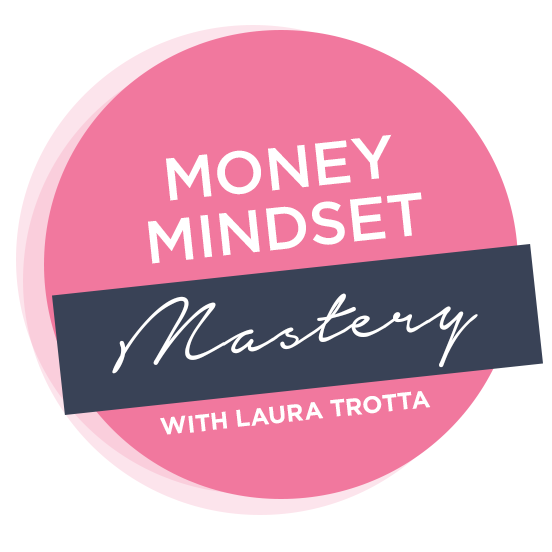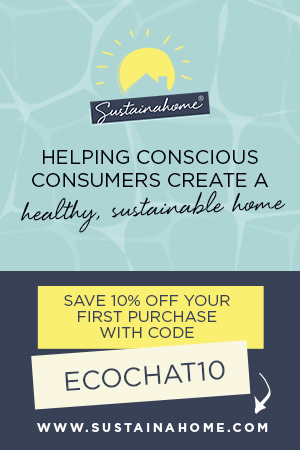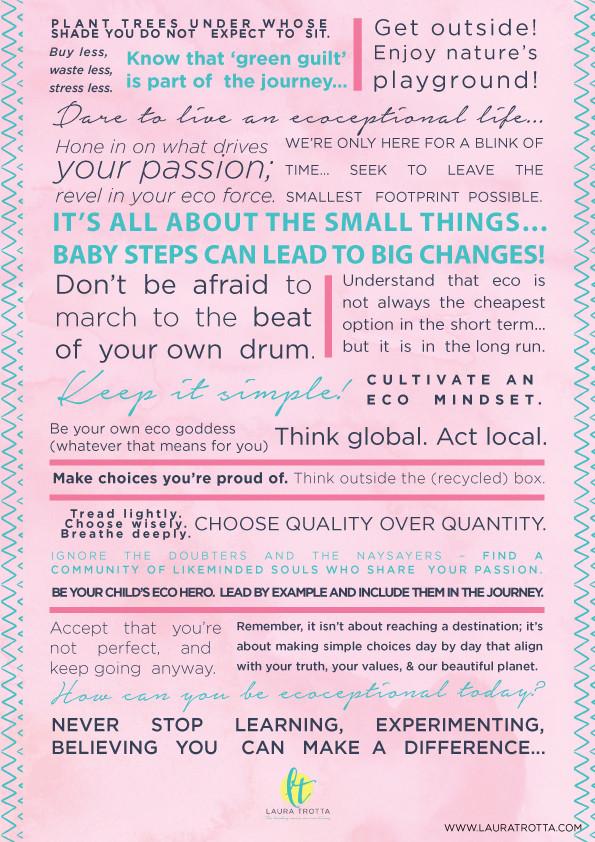If you have ever wondered exactly what you need to do to find a much bigger audience, so you can make a bigger impact, then this interview with media buying expert Andrew Gottlieb, CEO of No Typical Moments, is for you!
When I talk about media buying, I’m simply talking about advertising online such as Facebook ads, Google ads or even LinkedIn advertising. Our talk with Andrew mainly focuses on the Facebook ads and how to best use this digital marketing platform.
Since 2013, Andrew has been supporting authors and thought leaders in selling their educational products through digital marketing. His business’s core competency is Facebook advertising and they have an emphasis on helping their clients lower this cost to acquire leads and sales.
Regardless of where you are in your online business journey, at some stage you will need to invest in media buying in order to grow your brand. While some of us have a love hate relationship with platforms such as Facebook, we can’t deny the ability of Facebook to help us reach our target audience so we can make a bigger impact.
For more information on No Typical Moments media buying services CLICK HERE
Podcast: Play In New Window
Subscribe in Apple Podcasts | Spotify | Stitcher
what is media buying and why should all businesses who want to change the world engage in media buying as part of their strategy to make a bigger impact?
Andrew:
My company No Typical Moments views media buying as more or less purchasing advertising space on social media platforms such as Facebook, Instagram, LinkedIn, Google, Gmail, Display Ads, YouTube etc.
And why should purpose driven brands be concerned with media buying ? There was a documentary that recently came out on Netflix called the Social Dilemma which basically explains what the internet is for people who have no idea what the big tech companies are actually doing.
So for example, if you are looking for flights on a site such as Expedia, then suddenly you start seeing advertisements for hotels in Hawaii. That’s a retargeting campaign run by an organisation. When we share information with these sites, or use keywords in a Google search or Facebook search, advertising campaigns are specifically targeted to our interests.
I believe it’s the responsibility of purchase driven brands to get their message, their content, their products that are actually impacting people’s lives, in front of their consumer base ahead of those organisations that are greenwashing, the organisations that aren’t actually purpose driven, the organisations that are just selling stuff that’s not actually working.
Laura:
The Netflix show that you are talking about sounds similar to when Mark Zuckerberg had to explain how the internet worked to the US Congress.
Andrew:
It was extremely embarrassing and it showed just how out of touch the US Congress is with technology. They had to ask what is Facebook’s business model, and Zuckerberg said its advertising, they sell ads.
Congress is way out of touch with everything and one of the point’s made in the Social Dilemma is that regulations need to be in place for the tech industry so they do no go off the rail into a darker space which we are starting to slowly see emerge on the internet.
Laura:
I know people in my personal circle of contacts that struggle with putting advertising in corporations like Facebook. They make statements like they are going on a Facebook ban, or Instagram ban. But really, we need purpose driven organisations to advertising on these platforms so we can make a positive impact on the world.
Andrew:
In the States, the California Consumer Privacy Act came into effect on the 1st July 2020. It was set to protect consumers but there is no actual government body to enforce the rules, so why would tech companies care. But in the upcoming election there is this Proposition 24 going to ballot, which would actually create a government body to enforce these data privacy regulations so it will be a very interesting if it gets passed in November.
I recently had a client put a pause on Facebook advertising after a company vote on the data privacy issue, and I totally respect them sticking to their principles, their ethos, as an organisation. But it’s a doubled edged sword. I think in the year 2020, if you are running any form of business, you eventually will need to get advertising on some of these sites.
what are some of the challenges currently faced by Facebook advertisers in reaching their target market and converting leads to clients?
Andrew:
Right now, in the Fall of 2020, the biggest challenge would be the election. I’m not going to get political and tell you who to vote for but the reason I am saying this is that in 2016 Election, Clinton and Trump spent a little under 60 million (US Dollars) on advertising. Data suggests this could get up to $5 billion (US Dollars) this year. So that is a tonne more money, more ammunition distracting individuals on their Facebook feed. It’s going to be very challenging for brands to stand out on the Facebook newsfeed with everyone’s attention being totally distracted by the election. We are seeing across the board, costs rising for all our advertising campaigns and the same happened in 2016.
A tip for your listeners is if they are not currently using Facebook videos they should. Video is the best was to grab people attention as they are doing their infinite scroll and it will be your best shot of standing out in a very crowded newsfeed.
Laura:
And videos with captions! I think I am with the majority here when saying I don’t turn the volume up for videos.
Andrew:
If you are advertising in the States, we are recommending our clients to think about two options. So diverting you ad spend to a different platform like YouTube or Google, as those platforms aren’t as politically orientated, and potentially YouTube if you have solid video content. And also think about directing your advertising to your current clients, one’s on your email list, as its a lot easier to sell to past buyers that acquiring new ones.
You could also start thinking about offering a promotion as a way to generate revenue in the short term or start putting together your marketing ideas for Cyber Monday, Black Friday or Christmas promotions.
Laura:
In 2016 I had some Facebook advertising directed at the US and the prices just went through the roof. I ended up switching off advertising for that election period and just focused on Australia. I think I am going to do the same right now as I’ve already noticed an increase in the ad price over the last few weeks.
Andrew:
That’s a good point you just made. If you can, you might want to break up your audience sets within Facebook and then turn off the ads to the US.
can you please give an overview of an effective facebook ad campaign that an expert educator or through leader can employ to grow their leads and clients?
Andrew:
First of all its important to have pixels installed across your website. There are three audiences buckets I’ll go through.
The first bucket is what we call your warm audience. So within Facebook you can take your email list and upload it to run ads targeting individuals and your Facebook fans. You can also run ads targeting people who have visited your website, but to do this you will be need have your Facebook pixel installed. This is a great bucket as you are going to get a lot of leads and a lot of sales right off the batt because these are individuals who are already familiar with your brand. The challenge here is that unless you are coming to the table with hundreds of thousands of people on your email list or visiting your website, its a very small bucket to advertise to and you are eventually going to saturate the market. So that’s why you need to create these next two buckets to expand your reach…
The next bucket we also advise on is your look alike audience. So this is when you upload your email list to Facebook and Facebook will say here’s another million people who match the same demographic and psychographic intel, as your email list. It’s all about data and narrowing in on those individuals on these platforms.
And the last bucket is what we call code interest sets. So this is your more traditional avatar work. So this is when you say my ideal client is a 25 to 50 year old woman who lives in LA, Chicago, New York and has an interest in Oprah and Tony Robbins, as you’re trying to sell some type of meditation product. You can target people by income levels, by roles at organisations, by interest sets. It goes very very deep and goes to show how much information we are sharing about ourselves with Facebook which feeds directly into the advertising platforms.
Laura:
Scary isn’t it? Sometimes I think Facebook knows me better than I know myself!
Andrew:
The algorithm definitely does!
how much money do we really need to invest in facebook ads to get a decent result?
Andrew:
As an agency we recommend $1000. We believe this gives you a tonne of data to make informed decisions moving forward. So if you come to us and say you’ve haven’t spent any money on Facebook before but you don’t know if your funnel is converting, I’d say give it $1000 over a 30 day period, and that will give a good enough sample size and you can move forward and figure out the bottleneck to conversion for your funnel.
At the bottom end of the scale, if you only have say $200, I would run the ad for 2 weeks and see what happens. You might get a big enough sample size. But if you are only going to spend $2 a day, but your cost per lead is $4, it’s likely you won’t have enough data and the Facebook algorithm will be less efficient.
facebook ads have changed so much since i clicked publish on my first one back in 2012. how do you see facebook advertising evolving over the next 3-5 years?
Andrew:
I think it’s going to evolve based on what I mentioned earlier regarding data protection of its users. If you heard about GDPR over in Europe, the California Consumer Privacy Act and the Prop 24 that I mentioned is going to ballot, is going to be the US version of the GDPR. As these regulations come down on tech companies, I think you will need to be truly running ethical campaigns that aren’t compromising the data on your email list.
what media buying services do you offer at No typical moments and where can our listeners find you online?
Andrew:
We handle everything from Facebook, Instagram, Google, YouTube, LinkedIn, we also build funnels. Its really a full end to end customer journey experience. We also help our clients with copy design, landing pages, sales pages and tech integration. Our website is www.notypicalmoments.com
- Sustainable Home Design- factors to consider to maximise sustainability - July 28, 2022
- Advantage and Disadvantages of Tiny Houses - May 31, 2022
- How School Strike 4 Climate is Empowering Youth to Fight for Their Future - May 1, 2022



 Laura Trotta is one of Australia’s leading home sustainability experts. She has a Bachelor of Environmental Engineering, a Masters of Science (in Environmental Chemistry) and spent 11 years working as an environmental professional before creating her first online eco business, Sustainababy, in 2009. She has won numerous regional and national awards for her fresh and inspiring take on living an ‘ecoceptional’ life (including most recently winning the Brand South Australia Flinders University Education Award (2015) for the north-west region in SA and silver in the Eco-friendly category of the 2015 Ausmumpreneur Awards). With a regular segment on ABC Radio and with her work featured in publications like Nurture Parenting and My Child Magazine, Laura is an eco thought leader who’s not afraid to challenge the status quo. A passionate believer in addressing the small things to achieve big change, and protecting the planet in practical ways, Laura lives with her husband and two sons in outback South Australia.
Laura Trotta is one of Australia’s leading home sustainability experts. She has a Bachelor of Environmental Engineering, a Masters of Science (in Environmental Chemistry) and spent 11 years working as an environmental professional before creating her first online eco business, Sustainababy, in 2009. She has won numerous regional and national awards for her fresh and inspiring take on living an ‘ecoceptional’ life (including most recently winning the Brand South Australia Flinders University Education Award (2015) for the north-west region in SA and silver in the Eco-friendly category of the 2015 Ausmumpreneur Awards). With a regular segment on ABC Radio and with her work featured in publications like Nurture Parenting and My Child Magazine, Laura is an eco thought leader who’s not afraid to challenge the status quo. A passionate believer in addressing the small things to achieve big change, and protecting the planet in practical ways, Laura lives with her husband and two sons in outback South Australia. 


